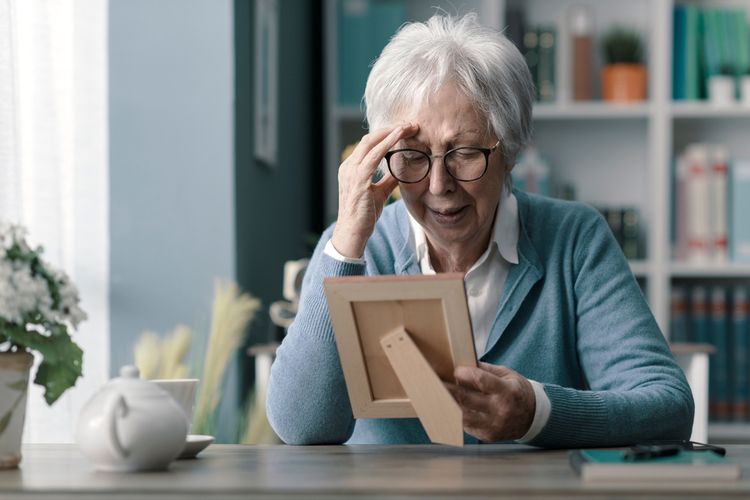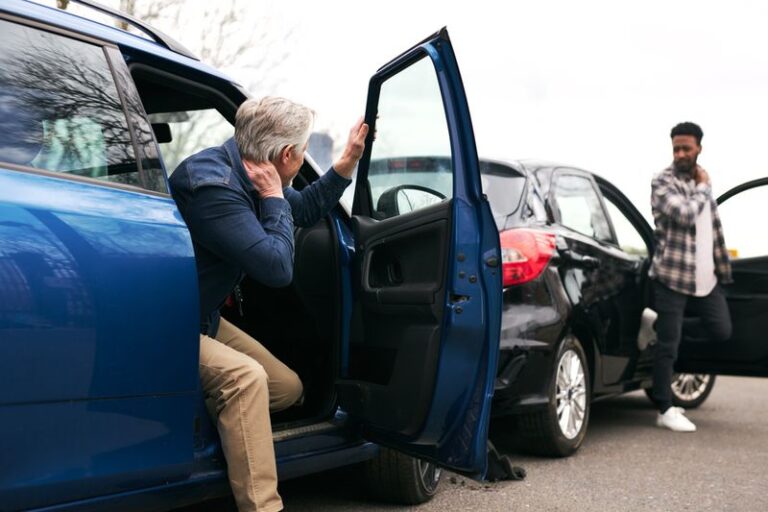Being involved in a car accident in Decatur can be a scary situation. You may be injured and require extensive medical treatment, dealing with the loss of your only mode of transportation, and unable to earn a living. The experts at SHElaw firm® can help you determine the best course of action to get your life back on track. In most accident cases, there are one, two, or all three types of damages that could be awarded to victims. These include economic, non-economic, and punitive. We will explain each below.
What are Economic Damages?
Economic damages are the easiest to calculate. These are the actual costs to put yourself back in the operating condition you were in before the accident. These are for financial losses as a result of the accident. The focus of most attorneys is collecting on getting your vehicle repaired or replaced, medical expenses, and lost earnings. The SHElaw firm® includes any rental costs you incur while your car is inoperable or the payments for transportation to necessary destinations like doctor’s appointments. We also look at the potential loss of future earnings due to any injuries you received. This loss can be very impactful if you cannot return to your previous job. We must factor in insurance payments and benefits when we make these calculations.
What are Non-Economic Damages?
The more well-known name for non-economic damages is Pain and Suffering. But that is not all this category can include. We can also claim non-economic damages for loss or changes of a bodily function and disfigurement. A change in your physical appearance may affect you personally, socially, or professionally. We can also include loss of life if someone in the car died from injuries sustained in the accident.
One example of the reach of this area is Mr. Y, whose suit against Mr. X, included a loss of life claim. Mr. X had been drinking and driving when he caused the fiery crash that left Mrs. Y’s beautiful face visibly scarred. Mrs. Y was severely depressed and would not leave the home. Mr. Y was pursuing a claim for her disfigurement and loss of future wages. She had been an art gallery curator and served on the board of five companies. Mr. Y wanted to keep his wife involved, so as he and his attorney worked through the case, he discussed the details with her. He told his disfigured and depressed wife that they wanted her to appear in court to show her scarring when the right time for the trial came. He had hoped this would motivate her to become active again. Instead, she became distraught. She chose to end her life rather than discuss her options with her husband. When he left for work the next day, she took all her pain medications with a bottle of Vodka. By the time he came back home at 6:30, she was in a coma. She had left a signed Do Not Resuscitate order, so there was nothing the EMS could do, and she was pronounced dead at the hospital at 2:10 AM. Mr. Y was overwhelmed with grief and guilt but knew it wasn’t his fault. The Prosecutor refused to file murder or manslaughter charges, so Mr. Y felt a Non-Economic loss of life claim was his only avenue. He wanted to hold Mr. X responsible for his wife’s death. The jury understood his loss and awarded Mr. Y a large settlement.
What are Punitive Damages?
Many injured drivers state they want to file for Punitive Damages. There is a misconception regarding Punitive Damages, and people confuse them with Non-Economic Damages. We must be able to prove negligence to claim Punitive Damages. The above example also included Punitive Damages because the driver was intoxicated when he hit the car the Y’s were in. There was evidence from the scene that X never even pressed his brakes. He wanted to leave the scene, but his car was totaled, and his leg was lacerated. Mr. X also had breathing difficulties because of inhaled sodium hydroxide when the airbag deployed. He had managed to get himself out of the car and was trying to disappear into the crowd forming when the police arrived. Identified as the driver that caused the crash, the police arrested Mr. X.
What if I am at fault?
Georgia follows a comparative negligence standard. This standard mandates the court must rule on the percentage of negligence of each driver. If the court rules you are 75% negligent, you will be responsible for 75% of the approved claim amount. The other driver will be held negligent for the remaining 25%. An Auto Accident Attorney will help you prove the other driver has a percentage of negligence and save you money. We know the things to look for and present in your defense.
According to The National Safety Council, deaths from motor vehicles decreased by a percentage of the population in the late 1960s and 1970s, when the Federal Government made auto safety equipment and seat belt usage mandatory. The motor vehicle fatality rates remained low until 2019. Then there was a sharp rise. In 2020, there was a rise in fatalities by percentage overall. This increase is due to a dramatic increase in Opioid poisoning deaths. Fatal falls and motor vehicle accidents also increased. Most people believe that the vehicle accident increase was affected by the Opioid crisis.
Contact SHElaw firm® If You Have Been Injured in an Auto Accident in Georgia
If you are involved in an auto accident in Decatur, contact the SHElaw firm® online or at 470-788-8930 immediately. Do not take responsibility for anything when the police interview you at the scene. Do not apologize for the accident, even if you are at fault, and sorry it happened. There will be opportunities for apologies later. Photograph the accident, each car, the entire scene, the other driver’s DMV license, and their insurance card with your phone. Document any skid marks, the intersection, and other traffic. If possible, get the names and phone numbers of any witnesses to the accident. Our firm will want to contact them. Be sure to bring the police report and any other documentation you have with you.









